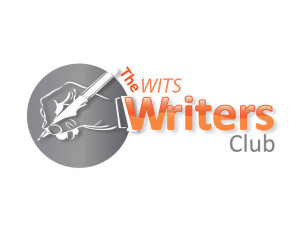$50 cash prize for gold winner. 3 prizes of publication in ArtAscent Art and Literature Journal including links to your website, promotion on ArtAscent website writer directory, and exposure in social media.
The competition theme is Mother Earth. The concept evokes visions of environmentalism, spirituality, wellness, cultural unity and responsibility. Who is Mother Earth to you? What needs to be expressed about Mother Earth?
Entries may include fiction, non-fiction, poetry, short stories and other written explorations (up to 500 words).
Submission deadline: June 30, 2013
Entries are $7
See www.artascent.com for submission details and to enter.



